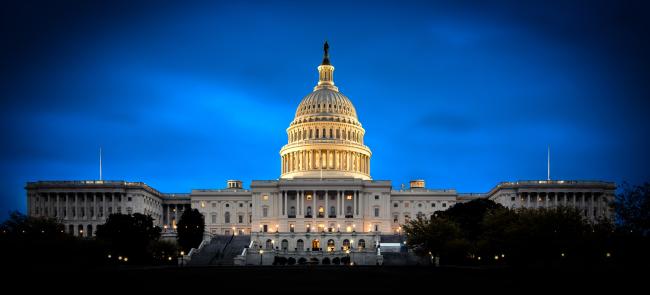
Plans to withdraw U.S. troops from Afghanistan by Sept. 11 could call for a short-term surge in forces in the country where U.S. troops have served for nearly 20 years.
Defense officials have said sending additional troops to support the 2,500 service members currently in Afghanistan is “not out of the realm of the possible” in order to enable a safe, orderly and deliberately planned drawdown.
President Joe Biden announced his decision to end the war in Afghanistan last week. His decision will keep U.S. troops in the country past a May 1 deadline previously agreed to by the Taliban and the Trump administration. Biden’s decision has been both praised and attacked on Capitol Hill.
Rep. Adam Smith, D-Wash., chair of the House Armed Service Committee, called the withdrawal “the right policy decision.”
“I also agree with President Biden that we cannot wait for the perfect security conditions before withdrawing — to do so would mean our men and women in uniform would never return home,” Smith said. “We must be clear-eyed about the likelihood that the Taliban may increase aggression toward the U.S. and coalition troops after May 1, potentially making the mission more difficult, costly and deadly.”
Key Republicans, including Rep. Mike Rogers, R-Ala., and Sen. Jim Inhofe, R-Okla., have criticized Biden’s “political, calendar-based approach to withdrawing from Afghanistan.”
Rogers, the ranking Republican on the HASC, and Inhofe, the ranking Republican on the Senate Armed Services Committee, have advocated for keeping troops in Afghanistan.
“The United States entered Afghanistan as a result of 9/11, and it is irresponsible to leave when conditions on the ground would lead to a civil war in Afghanistan and allow the country to become a safe haven for terrorists once again,” they said.
Meanwhile, some defense analysts believe the withdrawal could be a boon for the defense budget, which is expected to stay relatively flat during the Biden administration.
According to Politico, the withdrawal could free up about $21 billion for next year’s defense budget that could be applied to other needs.










